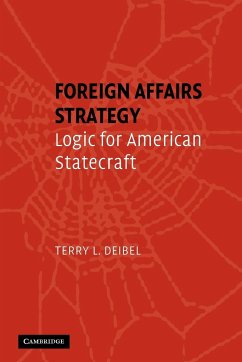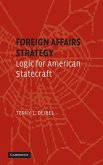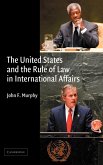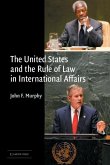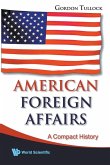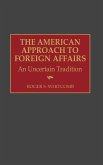This is a book on how to think - strategically - about foreign policy. Focusing on American foreign policy, this book discusses the national interest as a concept in strategic logic and describes how to select objectives that will take advantage of opportunities to promote interests, while protecting them against threats. It also discusses national power and influence, as well as the political, informational, economic, and military instruments of state power. Based on a graphic model that illustrates strategic logic, the book uses examples from recent American statecraft. It ends with an extended critique of current American foreign policy and a detailed outline of an alternative strategy that is better suited to the problems of the 21st century.
Hinweis: Dieser Artikel kann nur an eine deutsche Lieferadresse ausgeliefert werden.
Hinweis: Dieser Artikel kann nur an eine deutsche Lieferadresse ausgeliefert werden.

